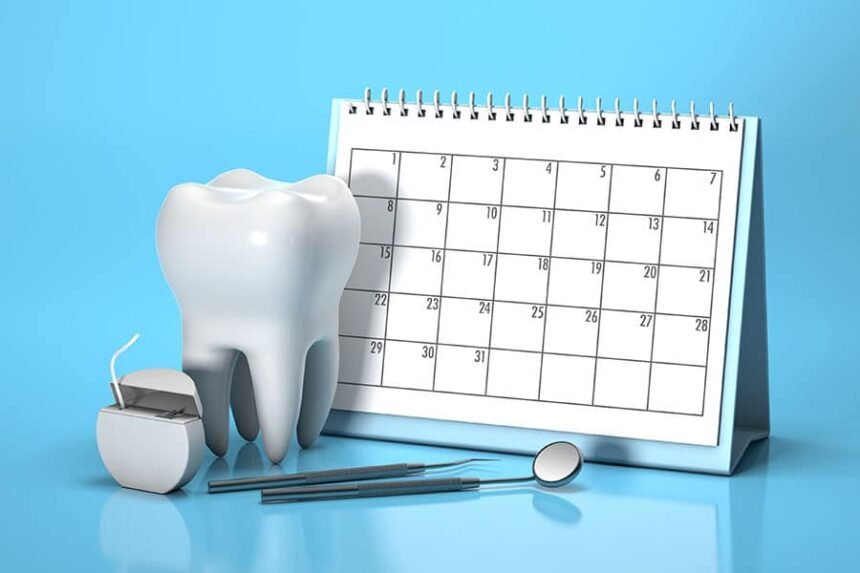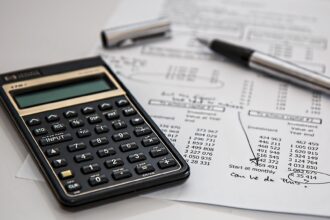The next time you book dental appointment slots or schedule a doctor visit, that small choice between morning and afternoon could significantly impact your experience.
Research shows that appointment timing affects everything from how much pain you feel to how focused your provider is. Here’s what you need to know before scheduling your next visit.
The Science Behind Appointment Timing
Your body operates on a 24-hour cycle called the circadian rhythm. This internal clock affects your alertness, pain sensitivity, and even how you respond to medications throughout the day.
These rhythms don’t just affect you—they influence your healthcare providers too. A doctor or dentist who’s been working since 7 AM will naturally have different energy levels by 4 PM compared to when they started their day.
Morning Appointments: The Pros and Cons
The Advantages of Morning Visits
Morning appointments come with several significant benefits that might make them worth setting an early alarm.
Providers are often more alert and focused in the morning. A study published in JAMA Network found that doctors made 38% fewer diagnostic errors in the morning compared to late afternoon. This awareness advantage is especially important for complex procedures or consultations.
Morning appointments also typically run more on schedule. Since the day hasn’t had time to get backed up yet, you’re less likely to sit in the waiting room watching the minutes tick by.
Your morning pain tolerance is usually higher, too. Research suggests that most people can handle discomfort better earlier in the day when cortisol (your body’s natural anti-inflammatory) is at its peak.
The Drawbacks of Morning Slots
Morning isn’t perfect for everyone, though. You might feel rushed getting to an early appointment, adding unnecessary stress before a potentially stressful experience.
If you’re not a morning person, your own grogginess might make it harder to:
- Ask important questions
- Remember the details of the instructions
- Make well-considered decisions about treatment options
Afternoon Appointments: When They Work Better
When Later Appointments Shine
Afternoon slots can be ideal for many situations, particularly when relaxation is important.
Your body temperature naturally peaks in the afternoon, which improves muscle flexibility. This makes afternoon appointments potentially better for physical therapy sessions or treatments requiring you to stay in one position for a long time.
Many people also find they can better relax in the afternoon when the morning rush is behind them. This relaxation advantage can be particularly helpful for anxiety-inducing treatments like dental work.
The Potential Downsides
The biggest concern with afternoon appointments is what researchers call “decision fatigue.” After making decisions all day, healthcare providers may default to the easiest options rather than the best ones.
A famous study looking at parole hearings found judges granted parole 65% of the time in morning sessions but less than 10% by late afternoon. While your healthcare situation is different, similar mental fatigue can affect medical decision-making.
Wait times also tend to increase as the day progresses. A morning delay can create a ripple effect, making your 3 PM appointment actually happen at 3:45.
How Different Appointments Compare By Time
This table breaks down how time of day affects different types of healthcare visits:
| Appointment Type | Better in the Afternoon | Muscle flexibility peaks in the afternoon | Key Factor |
| Dental Procedures | Yes | No | Dentist alertness, shorter wait times |
| Physical Therapy | No | Yes | Surgeon’s alertness, fewer complications |
| Surgical Procedures | Yes | No | Surgeon alertness, fewer complications |
| Mental Health Sessions | Varies | Varies | Depends on when you think most clearly |
How to Choose the Right Time For You
The best appointment time depends on your specific situation. Consider these factors:
When to Prioritize Morning
Choose morning appointments when:
- You need a procedure requiring high precision
- You want minimal wait time
- You process information better earlier in the day
- You’re getting test results that might require quick decisions
When Afternoon Makes More Sense
Afternoon might work better when:
- You have anxiety about the appointment (you’ll have time to prepare)
- The procedure benefits from relaxed, warm muscles
- Morning logistics would add stress to your experience
- You’re bringing someone who’s only available later in the day

Making the Most of Your Appointment Time
No matter when you schedule, these tips can improve your experience:
Ask for the first appointment after lunch if you need an afternoon slot. Providers often get a mental reset after their break.
If you’re stuck with a late-day appointment, come prepared with written questions. This helps counter any communication challenges from either your or your provider’s end-of-day fatigue.
For morning appointments, give yourself extra travel time to avoid rush-hour stress before your visit.
The Future of Appointment Scheduling
Healthcare is increasingly recognizing the importance of timing. Some forward-thinking practices now match appointment types to optimal times of day—scheduling complex cases in the morning and routine follow-ups later.
Next time you need to book dental appointment times or schedule any healthcare visit, remember that when you go is nearly as important as where you go.
Your body’s rhythms and your provider’s daily energy patterns can make a real difference in your treatment experience.






